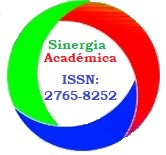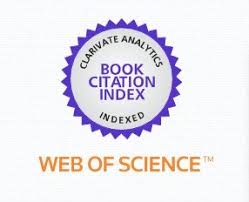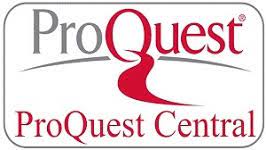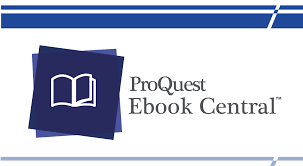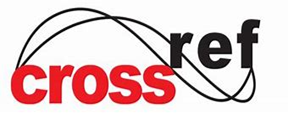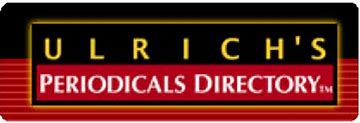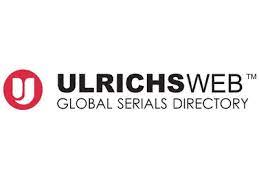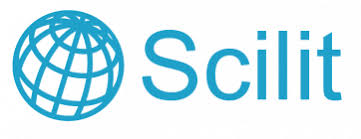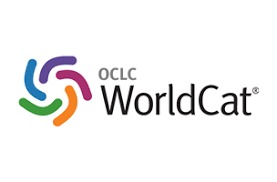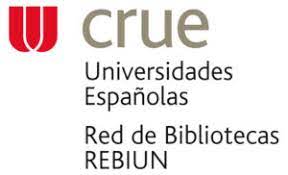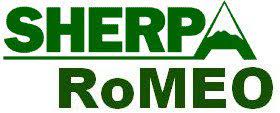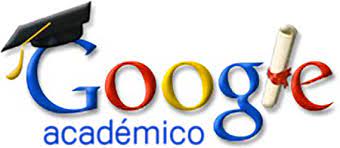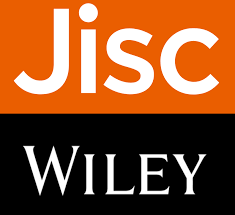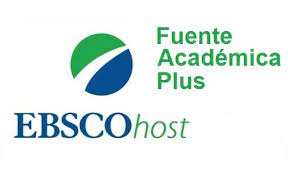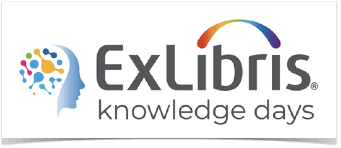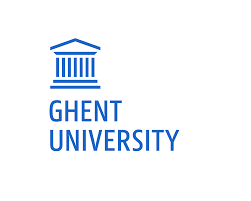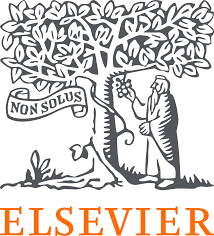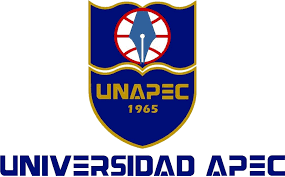Creative Commons
The Editorial Tecnocientífica Americana publisher is based on the Creative Commons license (CC BY-NC-SA 3.0) which is a non-profit organization founded by Lawrence Lessing, Professor of Law at Stanford University, which offers free licensing models that allow authors to deposit their work freely on the Internet, limiting the uses that can be made of such works. This license is related to the Open Access movement and is included in institutional repositories so that authors can choose the conditions of access and protection of their work when depositing their documents.
The Editorial Tecnocientífica Americana publisher assumes the Creative Commons license to give the possibility of sharing and reusing creative works under certain conditions. With the Creative Commons license, the author authorizes the use of his work, but the work remains protected.
The conditions of the Creative Commons license adopted by the Editorial Tecnocientífica Americana publisher are:
Attribution: The author is allowed to copy, reproduce, distribute, publicly communicate the work, make derivative works (translation, adaptation, etc.) and make commercial use of it, as long as the original author is cited and acknowledged.
Non-commercial: The author does not allow commercial use.
Share alike: The author allows to copy, reproduce, distribute, publicly communicate the work, and generate derivative works but under the same license.
Therefore, the Editorial Tecnocientífica Americana publisher respects the user's decision and if the user decides to use a work under a Creative Commons license, he/she becomes a licensee and agrees to accept and respect the conditions of the license established by the author.






